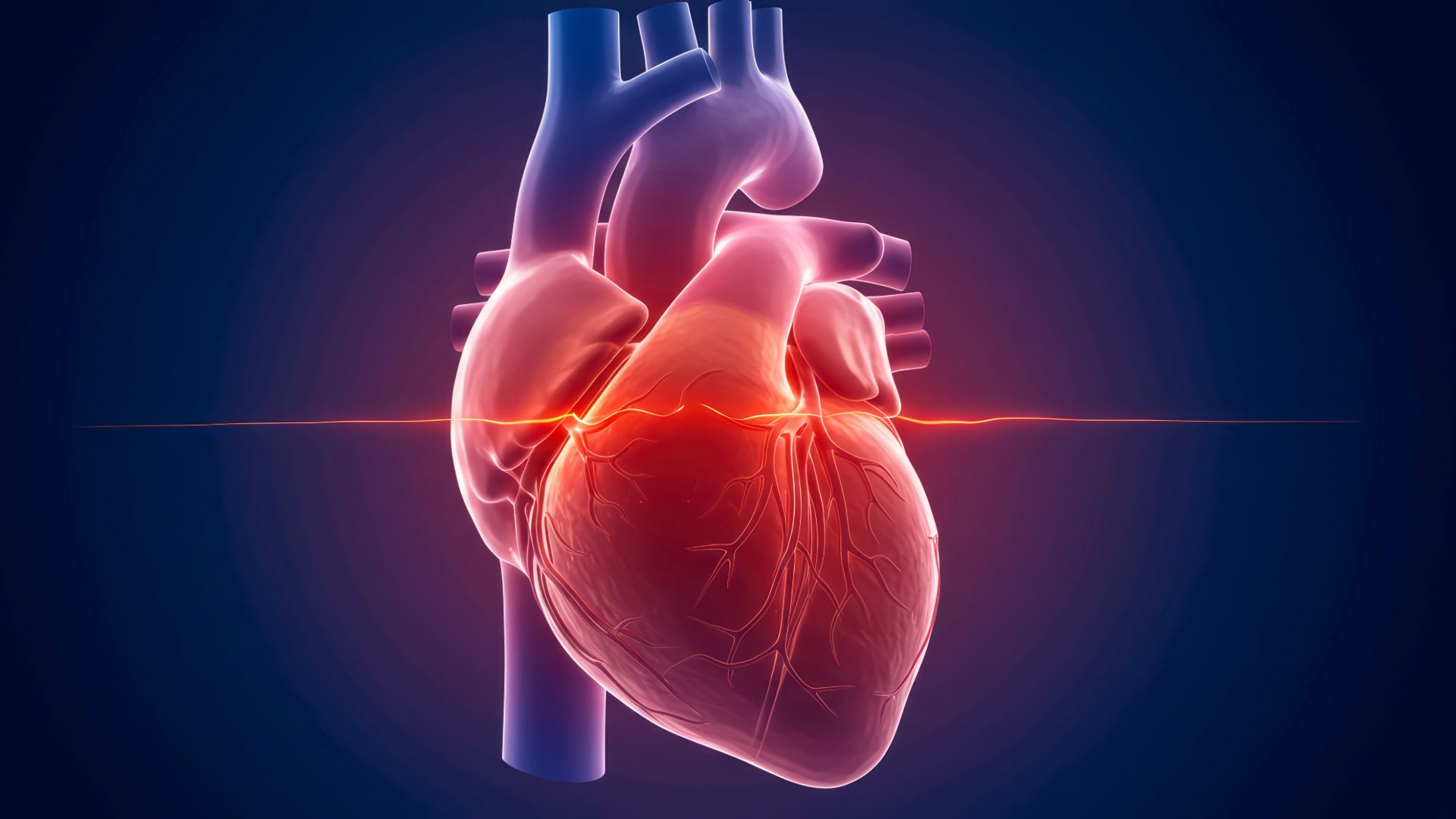
Heart valve disease - An overview
Introduction
Heart diseases are one of the most common ailments in the country. In fact heart diseases are no longer restricted to the elderly. According to the Registrar General of India, almost 32% of young adults succumbed to heart diseases in the country between 2010 and 2013.
While heart diseases or cardiovascular diseases cover a gamut of ailments of the heart, one of the most common malady is the heart valve disease.
Your heart has four chambers that pump blood to all parts of your body. The functioning of all four valves is crucial to maintain the proper direction of blood flow.
In case of heart valve disease, one or more of the four valves are not functioning properly, impeding blood flow through your body. In this article we tell you all about heart valve disease, including symptoms, treatments and care.
What causes heart valve disease?
The four valves in your heart are pulmonary, aortic, mitral and tricuspid. With every heartbeat, these valves open and close to allow the flow of blood through your body.
Heart valve disease can be congenital, which means the problem is present in the patient from birth. In some people, the aortic valve of the heart is either too big or too small from the time of birth or the valve could be deformed. In some cases, people are born with only two leaflets (bicuspid) instead of three (tricuspid).
Heart valve disease can also be acquired at times and are not necessarily congenital. A cardiac arrest, tumour or infection could cause the valves to malfunction.
So what happens if the valves malfunction? Heart valve diseases lead to three specific problems:
Regurgitation, which is also known as backflow, happens when blood starts leaking into the valve instead of going forward in your body. It usually happens when the valves don’t shut tight enough.
The other case is when the valves don’t open properly and not enough blood can be pumped into the valves. This is happens when the flaps of the valve are too thick or stiff. This is called stenosis.
In some congenital heart valve disease, one of the four valves doesn’t have an opening. So, blood cannot flow into the valve at all. This is called atresia.
How do I know if I have heart valve disease?
The symptoms of heart valve disease varies from person to person. Some experience chronic symptoms despite having minor valve problem and yet others can have serious valve problems without experiencing any symptom at all.
Sometimes, a serious heart valve disease can go unnoticed for years before symptoms show up. Symptoms may not even show up at all if your heart adapts to the change.
In some cases the disease grows gradually over years but in others it could escalate quickly. If untreated, heart valve disease could reach advanced stages and lead to heart attack or blood clots.
It is therefore important for you to understand the heart valve disease symptoms and monitor them continuously. The most significant clue to heart valve disease is an irregular heartbeat or a slight ‘murmur’ that your doctor may be able to hear on the stethoscope.
Here are some other common heart valve disease symptoms to look out for:
- Chest pain
- Shortness of breath
- Dizziness
- Swelling of ankles, legs, feet or veins
- Fatigue
You may also notice a fluttering or an irregular heartbeat when your heart is pumped, especially after a jog or when you take a flight of stairs.
How to diagnose heart valve disease
If you experience any of these symptoms, see a doctor immediately. Your doctor will then perform one or more tests to diagnose the problem.
You may be prescribed to undergo a chest X-Ray or an Electrocardiogram (ECG) which will tell you if your heart or the valves are enlarged. To look at structural deformities and blood flow function, you may also have to undergo an echocardiography. A cardiac MRI will help the doctor understand the severity of the disease.
Heart valve disease treatment
Your heart valve disease treatment will depend on the severity of your condition. Your cardiologist will judge your condition based on your reports and put in place a treatment strategy that could involve drug therapy or surgery or a combination of both.
Drug therapy for heart valve disease treatment: It is important to note that medicines cannot cure heart valve disease. However, if your condition is mild, your cardiologist will put you on medication to manage the symptoms or prevent further damage to valves. You can be prescribed diuretics, blood thinners, antiarrhythmic drugs, and vasodilators by your doctor.
Surgery for heart valve disease treatment: Surgery is usually recommended in chronic cases and in cases where drug therapy doesn’t produce the desired results. In a surgical procedure, your cardiologist may repair or replace the damaged valves. This could involve a transcatheter aortic valve replacement (TAVR). Meril Life offers a host of valves such as the Myval, which is a TAVR that is a minimally invasive. The Dafodil Pericardial Bioprosthesis by Meril life is a triple composite biomechanically engineered valve with the benefits of bovine pericardial tissue. Miltonia is a bi-leaflet mechanical heart valve that ensures sufficient blood washing to reduce the risk of thrombosis.
- Lifestyle changes: To improve your heart function, it is advisable to lead a healthy lifestyle. This will involve weight management and being conscious of what you eat and how it affects your heart. One of the first things, as advised by doctors, to treat a heart valve disease is to quit smoking. Stress could be detrimental to your condition, so avoid tense situations.
Conclusion
Heart valve disease is risky business. It is a lifelong condition that can be controlled with drugs and treatment. Your symptoms may gradually become worse if untreated.
Chronic heart valve disease can be fatal. If left untreated, it could lead to complete heart failure. Your best bet is to seek treatment immediately.
That said, heart valve disease is not the end of the world. Stick to the treatment regime and do not skip your doctor’s appointment. Watch your food habits, work out moderately and you may be able to keep your symptoms at bay.



